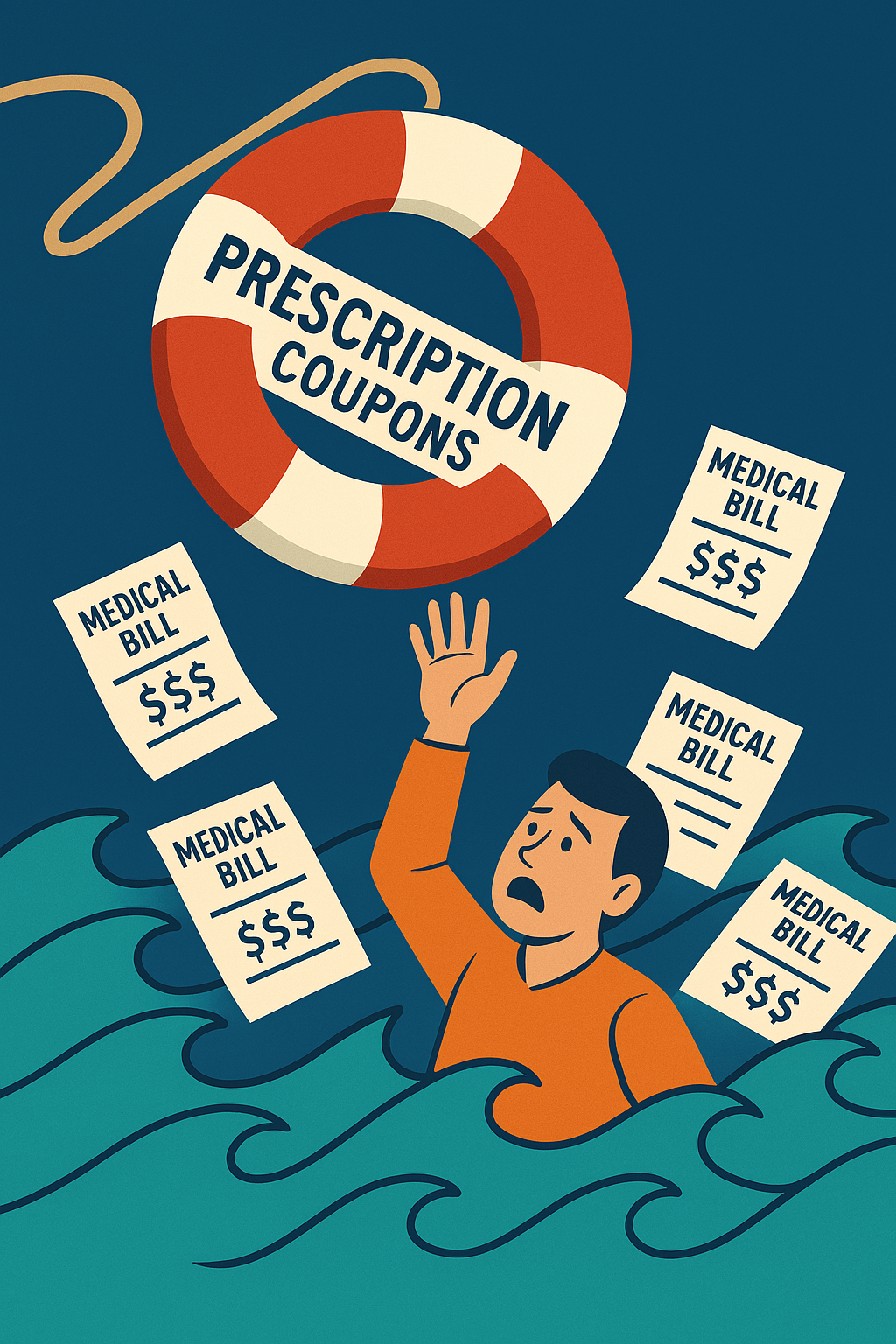When Should You Consider Viaticals?
If you face certain life situations and have life insurance, you may consider obtaining a viatical settlement. (Learn More: What Is a Viatical Settlement?) You may pursue a viatical settlement because it is your only choice, or it feels like a sound investment for you. (Learn More: Why Do Some People Pursue Viaticals?) Consider all the specifics of the contract when pursuing the settlement, (Learn More: What Factors Should I Consider When Obtaining a Settlement?) but also be mindful of alternatives. (Learn More: What Are the Alternatives to a Viatical Settlement?)
Viaticals: An Overview
Life insurance policies vary, but they all have the same goal: to provide funds to beneficiaries following the insured’s death. Some policies allow you to cash in on your current policy while you’re still alive. This is called a viatical settlement. While many people use the terms viatical settlement and life settlement interchangeably, there are key differences between the two. Viaticals can only be obtained if you have a terminal illness, whereas life settlements are open to anyone. Viaticals require you, the policyholder, to sell your life insurance policy to a third party to obtain a cash payment. The investor, or person who buys your policy, will then own it and become the beneficiary in the event of your death. This process is relatively new, not appearing until the 1980s when the AIDS crisis created a demand for legal and safe ways to sell a life insurance policy.
Why Do People Pursue Viaticals?
A severe or terminal health issue can get expensive quickly, and rather than accrue debt, some people prefer to get a viatical settlement to cover medical expenses. Others may simply decide they no longer want their policy, and a viatical settlement helps them get paid fairly quickly.

Companies that buy viaticals will often ask you to complete an application process to verify that you are eligible to sell your life insurance policy.
You must fill out an application.
You will have to turn in a copy of your medical records.
You must provide a copy of your insurance’s permission to release you from your contract.
You must also provide a copy of an evaluation from your physician about your current condition.
Factors to Consider When Pursuing a Viatical Settlement
While it is possible to obtain a fair sum, you may only get anywhere from 50 to 85 percent of your total payout through a viatical settlement. There are a few ways to ensure you get the best possible payout:
Familiarize yourself with IRS requirements. Some requirements determine how your payout is taxed at the federal level. You must have a life expectancy of two years or less, and you must be experiencing a chronic or terminal illness.
Obtain reputable advice from a financial counselor or coach.
Get quotes from different companies to make sure you obtain the best offer.
Provide truthful answers and statements about your medical and family history when asked.
Ask about the ability to return the payout if you change your mind and decide to keep your life insurance policy.
It is difficult to know how much you will get for your viatical settlement because of other circumstances that affect your policy’s cash value.

A person’s life expectancy is not easy to calculate even with a doctor’s help.
Fluctuating interest rates affect what a company can give you.
Not all states have laws or regulations in place that protect consumers.
A life insurance company’s credit rating will influence the value.
Loans against the life insurance policy at the time of attempting to obtain the viatical settlement will affect its value.
Alternatives to a Viatical Settlement
You may not need to give up your life insurance policy to benefit from it before death.
Cash value: If you have a life insurance policy with a cash value, you may be able to use some of this to pay for unexpected expenses or to use it as security against a loan. This does not require you to sell your policy.
Accelerated death benefit: This is a provision in some life insurance policies that pays a beneficiary before death occurs. It can pay all or most of your benefits and typically has minimal or no additional cost.
Terminal illness rider: With this provision, you can obtain the same benefits as an accelerated death benefit rider if you are diagnosed with an incurable (terminal) illness, and are expected to have two years or less to live. This rider is generally standard or available without an additional fee.
Frequently Asked Questions
What is a viatical? A viatical, also known as a viatical settlement, is the payout you can obtain by selling your life insurance policy to a third party in the event of a life-threatening illness. Are there any risks associated with a viatical settlement? Many factors, including current interest rates, your insurer’s credit rating, and any outstanding loans against the life insurance policy, can influence how much your policy is worth when you try to sell it. Are there any rules, laws, or regulations governing viaticals? The IRS has several requirements for viatical settlements, such as having a life expectancy of 24 months or less, and the presence of a chronic or terminal illness. Some states regulate viatical settlements, but others do not.
References
Viatical Settlement Definition. (February 2018). Investopedia.
Viatical/Life Settlements. (2011). State of New Jersey Department of Banking & Insurance.
Publication 554 (2018), Tax Guide for Seniors (2018). IRS.
Alternatives to a Settlement. (2017). State of Maine Professional & Financial Regulation.
Viatical Settlements. Better Business Bureau.
Life Settlement Defined. (September 2019). Investopedia.
The Differences Between Term and Whole Life Insurance. (April 2019). NerdWallet.

Related Articles

How Smart Consumers Use Prescription Discount Cards with Insurance to Legally Game the System
Prescription drug costs in the U.S. are famously...

Tariffs Are Quietly Driving Up Drug Prices—Here’s How It Hurts You Most
Pharmaceuticals represent a critical component of...

Forget the Money — This Is What Actually Keeps Employees at Their Jobs
In the modern job market, salary has long stood as...

Prescription Coupons – A Lifeline for Uninsured and Underinsured Americans
The rising cost of prescription drugs has been a...
